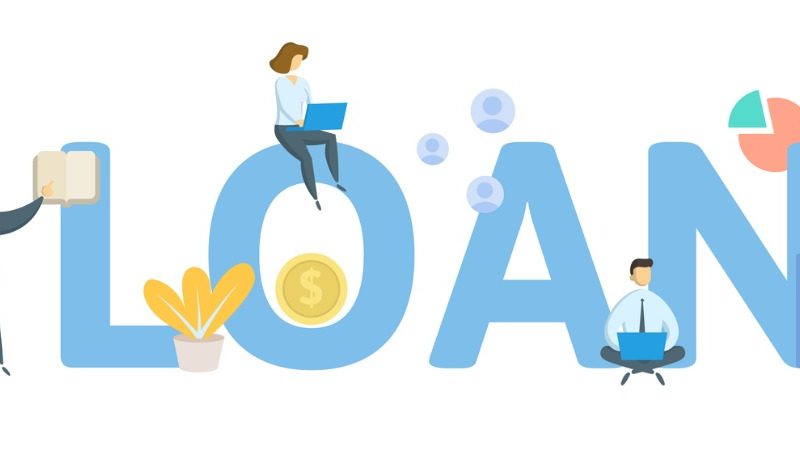Don’t let your partner’s debt problems become your problems
Romantic partnerships come in all shapes and sizes, from marriages to de facto relationships to casual relationships and everything in between.
No matter what the relationship, it’s possible to end up in the shallow end if your significant other (SO) is drowning in debt or has poor spending habits.
Here are some common ways your partner can burden you with their debt and how you might avoid it.
1. You try to take out a joint loan with your partner, but are denied because of your SO’s past debt issues.
The only real way to escape this fate is to avoid it in the first place. That means when sizing up potential long-term partners (you know, the kind you’d trust to open up joint accounts with), you’ll need to take their financial attractiveness into account.
That means being open and transparent up front about your financial goals and how you can reach those goals together.
If you talk about the prospect of owning a home together you may have to share some personal information, like how well you save and how healthy your credit report looks.
If you don’t know what your credit report looks like, Credit Simple lets you check your credit report and score for free, anytime, and without negatively impacting your score.
2. Your partner asks you to take out a loan on their behalf.
This can impact anyone, whether you’re in a long-term commitment, or have only known each other for a few weeks.
If your partner doesn’t have the cash flow and/or the credit score to secure a loan, be wary of taking out a loan for them no matter how much they try to charm you or plead with you.
You’re responsible for any debts in your name, period.
If it’s to purchase a car, property or some other large asset – and you really do want to help – make sure to get a title for the asset and register it in your name.
You’ll still be responsible for the debt, but at least with a title, your SO can’t make off with the asset if the two of you happen to split.
It’s also a good idea to have your own personal savings account where you can stash away your own funds in case of such an emergency.
3. You open up a joint account with your partner, and they go on a spending spree.
There are a number of ways your partner can misuse a joint account and burden you with debt.
It could be a joint credit card where they spend a huge sum on gambling, buying shoes or whatever their fetish.
It could also be a joint savings account they drain in a similar vein, leaving you with nothing left to pay off your debts (personal and/or shared).
Another scenario is where you have a mortgage with someone, and they withdraw funds using the redraw facility (a feature on some accounts that lets you make extra payments in return for the ability to withdraw this extra cash later down the road).
If you’re worried about your partner’s spending habits, the best way to escape this fate is to avoid joint accounts altogether, or go for a joint account that requires each person’s authorisation for any withdrawals or purchases.
Bottom line
Like many aspects of a relationship, there’s a lot of shared responsibility when it comes to finances – especially as the relationship progresses.
The keys to keeping yourself safe from a reckless partner are to vet your potential partners at the outset of the relationship, let your finances intertangle only at a rate that feels appropriate to the relationship’s strength and put safeguards in place if you are happy to take on the lion’s share of financial responsibility.
The information in this blog post is general in nature and does not constitute personal financial or professional advice. It is not intended to address the circumstances of any particular individual. We do not guarantee the accuracy and completeness of the information and you should not rely on it. Before making any decisions, it is important for you to consider your personal situation, make independent enquiries and seek appropriate tax, legal and other professional advice.
Credit Simple
Credit Simple gives all Kiwis free access to their credit score, as well as their detailed credit report. See how your credit score compares by age, gender and community and gain valuable insights into what it all means.
All stories by: Credit Simple


